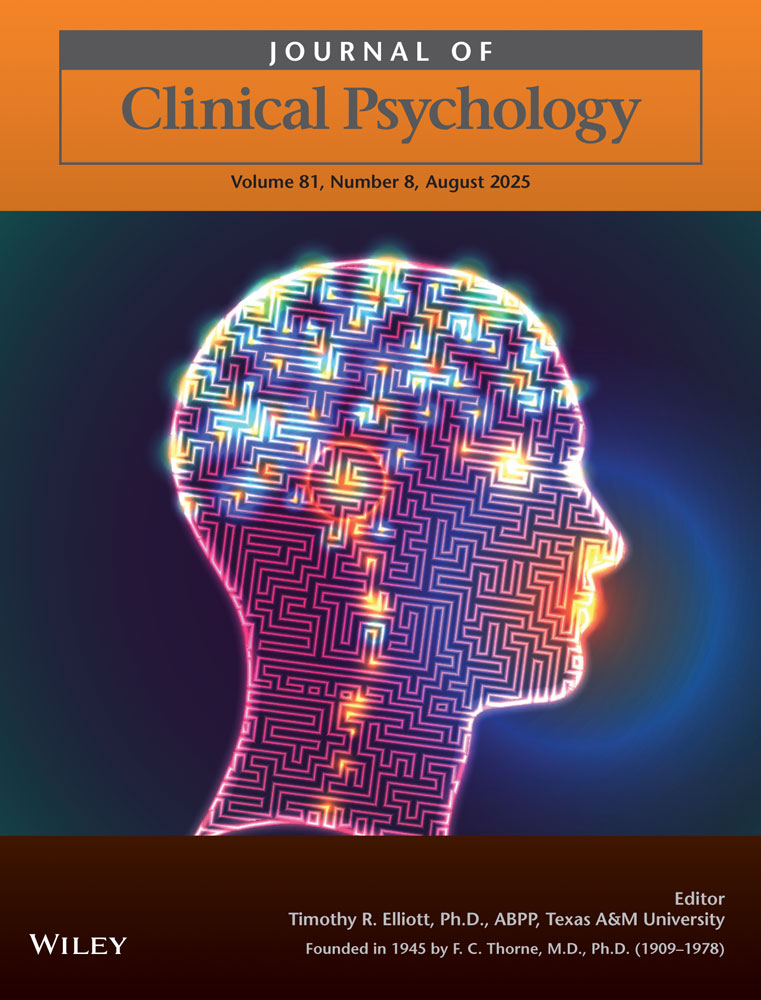The effects of suggestibility on relaxation
Abstract
Thirty-two college student subjects were selected on the basis of scores on the Creative Imagination Scale. Eight of the high suggestibility subjects were assigned randomly to each training mode, progressive relaxation (PR) and suggestions of relaxation (SR). The 16 low suggestibility subjects were similarly assigned, which resulted in a 2 × 2 factorial design with one repeated measure, a pre-post relaxation scale that yields a total score and three subscale scores. A significant pre-post relaxation effect emerged. Main effects were found both for suggestibility and mode of training. High suggestibility subjects performed significantly better regardless of the training mode. PR yielded significantly higher relaxation scores than did SR. An interaction between suggestibility and training mode occurred on the cognitive factor scale; subjects who scored low on suggestibility reported relaxing significantly better when the training mode was PR.




